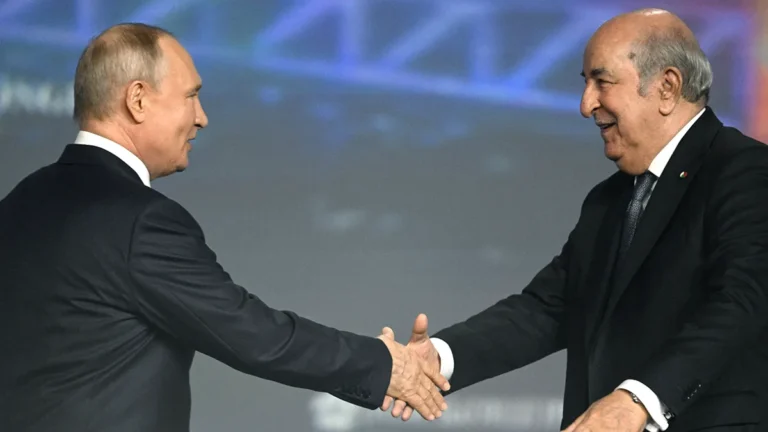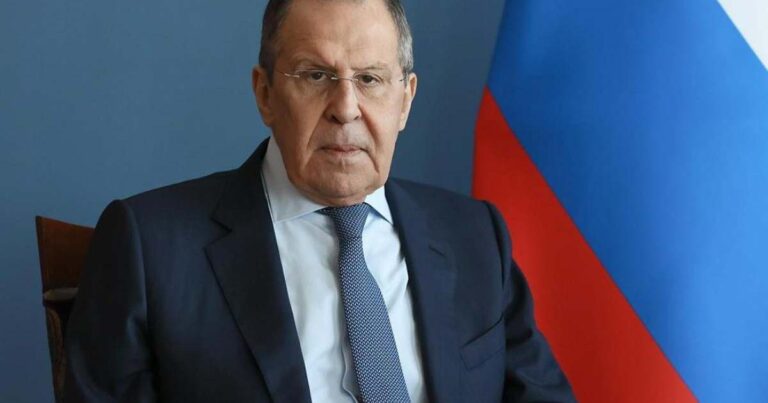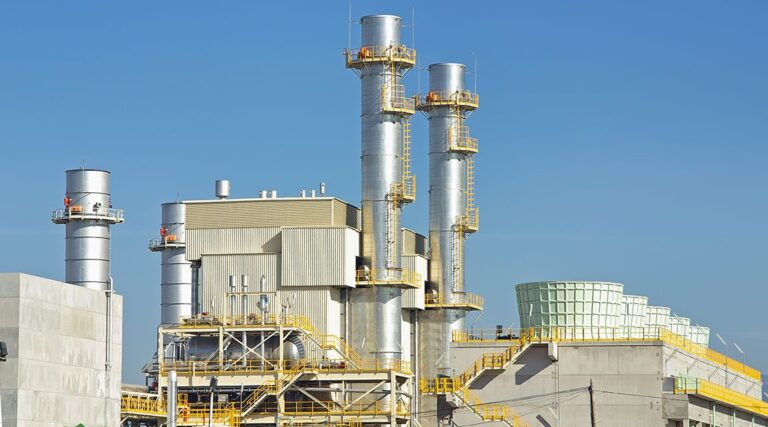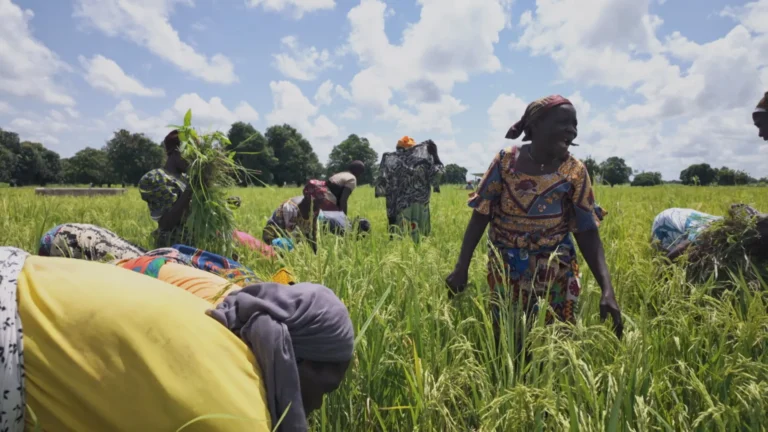
In a move that could reshape Mali’s role in the global gold industry, President Assimi Goïta has officially launched the construction of the country’s first national gold refinery.
The project, unveiled at a groundbreaking ceremony in Bamako on June 16, represents a major shift in the nation’s approach to managing its most valuable natural resource.
Gold has long defined Mali’s economic and historical identity, dating back to the 13th century Mali Empire, when legendary emperor Kankou Moussa exported vast quantities of gold across the Arab-Muslim world.
Today, Mali ranks among Africa’s top gold producers.
Yet despite its mineral wealth, the country exports the vast majority of its gold in raw form, forfeiting billions in potential value from refining and industrial processing.
That may be about to change.
The new refinery, set to process up to 200 tonnes of gold annually, aims to refine not only Mali’s entire gold output but also material from neighboring countries.
“This is a turning point in the strategic management of this precious metal,” authorities declared during the launch.
The project is being led by a joint venture between the Malian government, which holds a 62% stake, and Russian firm Yadran, which controls the remaining 38%.
Yadran will contribute technological expertise, oversee the facility’s development, and help train local personnel.
However, state media revealed little about the financial specifics, including total investment figures or cost-sharing arrangements—omissions it attributed to “geopolitical and geostrategic considerations.”
This initiative is laden with both economic and political implications. Beyond job creation and revenue potential, it signals Mali’s growing pursuit of economic independence.
By mandating local refinement of all gold extracted within its borders, Bamako is asserting control over a sector historically dominated by foreign interests.
“It’s about regaining sovereignty,” one government official stated, underlining the project’s role in improving gold traceability, boosting tax collection, and stimulating skilled employment.
Still, critical questions remain. Neither a completion timeline nor the full cost of the refinery has been disclosed.
And as Mali deepens its cooperation with Russia—at a time when Western partners have distanced themselves—the strategic significance of the partnership with Yadran invites scrutiny.
For now, the refinery represents hope for a new chapter in Mali’s long gold story—one in which the nation not only mines wealth from its soil but retains the benefits of its transformation.
Whether this vision will be fully realized depends on more than bricks and machinery; it will require transparency, technical expertise, and political will.



